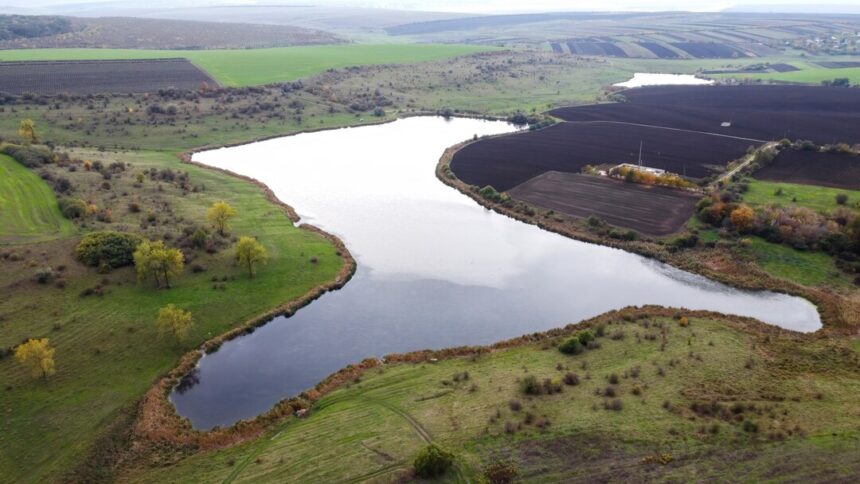Water scarcity is a critical issue in South Africa, making water conservation a top priority for farmers. Effective water management not only ensures sustainable farming practices but also improves yields and reduces costs. However, many farmers unknowingly make mistakes that hinder their water conservation efforts. Here are 10 common mistakes and how to avoid them.
1. Ignoring Soil Moisture Levels
Some farmers irrigate based on schedules rather than the actual moisture needs of the soil. Overwatering wastes water and can lead to waterlogging, which harms crops.
Solution: Use soil moisture sensors to monitor the soil’s water content and irrigate only when necessary.
2. Overlooking Proper Irrigation System Maintenance
Leaking pipes, clogged nozzles, and malfunctioning irrigation systems waste significant amounts of water.
Solution: Conduct regular maintenance checks on your irrigation systems to identify and fix leaks or faults promptly.
3. Using Inefficient Irrigation Methods
Traditional irrigation methods, like flood irrigation, often lead to excessive water loss through evaporation and runoff.
Solution: Adopt efficient irrigation systems like drip irrigation or sprinkler systems, which deliver water directly to the root zone with minimal wastage.
4. Planting Crops Unsuitable for the Climate
Growing water-intensive crops in regions with low rainfall increases the demand for irrigation.
Solution: Choose drought-resistant or indigenous crops that thrive in South Africa’s arid conditions, reducing water dependency.
5. Failing to Capture Rainwater
Rainwater often goes to waste because farmers lack systems to capture and store it.
Solution: Install rainwater harvesting systems like tanks and dams to collect runoff during the rainy season for use during dry periods.
6. Not Preventing Soil Erosion
Eroded soil loses its ability to retain water, increasing irrigation needs.
Solution: Implement soil conservation techniques such as contour plowing, planting cover crops, and building terraces to prevent erosion and improve water retention.
7. Neglecting Mulching
Bare soil leads to high evaporation rates, especially in hot, dry conditions.
Solution: Use organic mulch like straw, leaves, or wood chips to cover the soil. Mulching reduces evaporation, keeps the soil moist, and helps regulate temperature.
8. Inefficient Water Storage
Unlined dams or poorly maintained water storage facilities allow water seepage and evaporation.
Solution: Line storage dams with impermeable materials and cover tanks to minimize evaporation and seepage.
9. Disregarding Water Quality
Using water with high salinity or contamination can harm crops and reduce soil health, leading to inefficient water use.
Solution: Regularly test water quality and treat it if necessary. Consider blending poor-quality water with better-quality sources for irrigation.
10. Lack of Training and Awareness
Some farmers and workers are unaware of efficient water management practices, leading to wastage.
Solution: Invest in training programs for yourself and your team. Stay informed about new water-saving technologies and practices through workshops and agricultural resources.
For South African farmers, water conservation is both a responsibility and a necessity. Avoiding these common mistakes can help preserve water resources, reduce costs, and promote sustainable farming. By adopting efficient irrigation systems, planting appropriate crops, and maintaining proper water storage and soil health, farmers can ensure their operations thrive even in water-scarce conditions. Sustainable practices today pave the way for future farming success.
Join 'Farmers Mag' WhatsApp Channel
Get the latest Farming news and tips delivered straight to your WhatsApp
CLICK HERE TO JOIN






